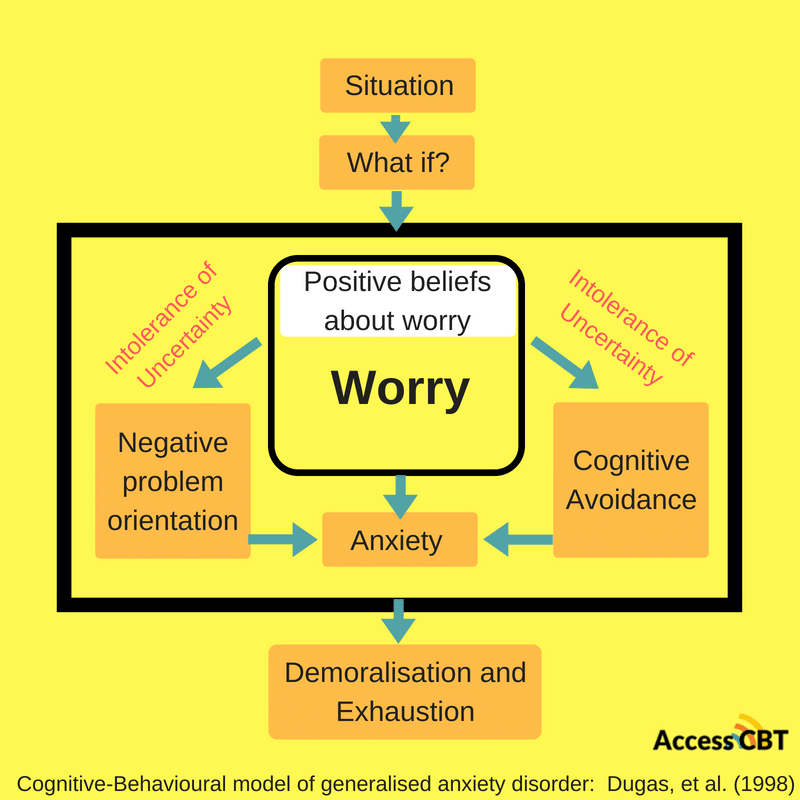If there is one thing true in life it is the fact that one is not sure of anything or very little, to break the paradox as Descartes would say. Still, in Western society, the idea that everything can be controlled is constantly promoted and we must find timely and quick solutions to everything. One characteristic that is fundamental to adaptation and that we generally do not practice is tolerance to uncertainty.
Tolerance to uncertainty is precisely that ability to face lack of certainty and immediate solutions, although we always try to solve everything and find an answer, the truth is that this is impossible, sometimes the answers and solutions arrive over time, in others, they are simply impossible to find. Humanity doesn’t know everything, and besides, what we don’t know far exceeds what we know.
- That said.
- We all agree and understand that this is the case.
- But in practice everything is very different.
- Many people cannot tolerate uncertainty.
- They are invaded by agitation.
- And even irritation.
- When they feel without a solid pillar to sustain themselves.
“I have only achieved ultimate peace on the day I have abandoned everything with contempt and managed to understand that nothing can be affirmed or denied. “Omar Khayyam?
People who do not tolerate uncertainty need to experience something known as cognitive closure. This concept is what we commonly call “the last word. “There are people who need things to be defined once and for all. Whether yes or no. Or black or white.
This feature makes them feel a lot of stress when they don’t. Cognitive closure implies certainty. ” Do you love me or don’t you love me?”They want an absolute answer: a yes or a no. They don’t understand that the most realistic answer could be “yes and no. “
For those who do not tolerate uncertainty, paradoxes and ambiguities are unacceptable, they do not see them as a reality, but as a lie, a mistake or a mechanism to hide the truth, the bad news for them is that we can say that in human beings practically everything is ambiguous.
Intolerance of uncertainty is often the result of a simplification of reality. The chances of what’s happening are very low. It’s one or the other. It is difficult for the person to make assumptions and extract new ones, or simply accept that it is not possible to understand, at least at that time.
They do not realize that, for example, the same fact can be the result of many different circumstances. If someone is not interested in reading, it may not be simply out of carelessness or ignorance. In its subjectivity, there may be a thousand reasons to do so.
Therefore, intolerance to uncertainty usually includes a lack of empathy. The world is seen only from its own perspective. This makes it hard to accept the differences because it seems that?The right one must be expressed in the form of consensus. In addition, we believe that for a group, family, community or couple to “live well,” members must fully agree on everything.
Tolerance for uncertainty is manifested by the ability to accept the absence of a specific response, people who have this quality do not get anxious or anxious when the answer does not appear instantly, they simply accept and move forward with the elements that matter, focusing in solution. what they understand and pay attention to new facts that emerge to help them elucidate what is really happening.
They analyze the facts thoroughly. Not only are they looking, but trying to go further, so they realize that things can be much more complex than they seem, so they understand that it’s hard to come up with definitive answers or certainties.
Interestingly, people who are less tolerant of uncertainty have more confidence in their judgments and decisions when they need to make a decision; on the other hand, those who have developed a high tolerance take longer and hesitate before acting. Still, they tolerate conflicts, differences, and tend to have better relationships with others.

